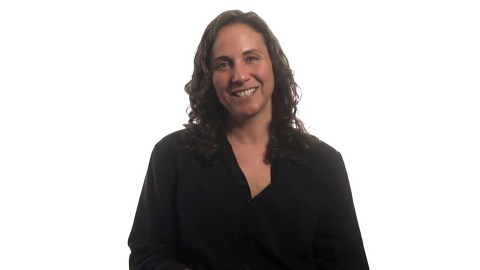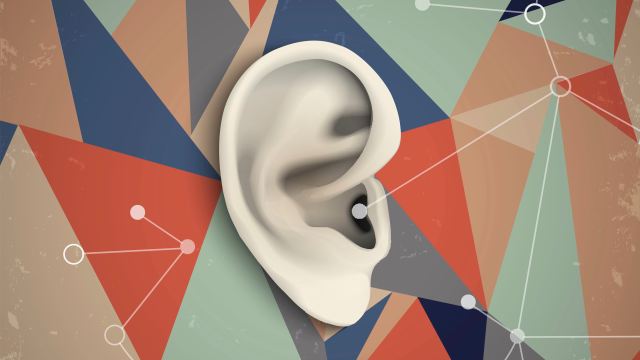Women: Your Moodiness is a Strength, Not a Weakness

Dr. Julie Holland’s new book Moody Bitches addresses some common societal myths about women, moodiness, and emotional control. “Moods are not an annoyance to be stuffed away,” says Holland. They’re “one of the biggest strengths and assets that women have.” Yet from an early age women are told that they need to be in control of their emotions, that they should repress ill feelings should they arise. Dr. Holland visited Big Think recently to explain why moodiness, as well as its close cousin intuition, are like superpowers for women:
Holland writes in Moody Bitches that women’s bodies are more keenly aware than we give them credit for. They’re feedback systems. Physical and emotional barometers. Shifting moods allow women to gauge the right mindset needed to tackle a problem. When women are told to ignore what their bodies are telling them it limits their ability to operate:
“The idea of why being moody can be good for you really has to do with taking advantage of one of the biggest strengths and assets that women have, which is this intuition. Knowing that something is wrong, feeling that something is wrong, and then optimally speaking up about it.”
What most concerns Holland most with regard to moodiness is that millions of American women are trying to medicate away their emotions:
“I’m worried that because so many people now are choosing to take psychiatric medications and antidepressants and anti-anxiety meds that they’re tamping down how they feel. And, you know, sometimes intuition is about having an uneasy feeling. Something is wrong and I’m a little bit anxious and if you stop and think about how you’re feeling and you pay attention to whether you get anxious or not, you can really take advantage of that.”
One in four American women takes a psychiatric drug. For many, this is necessary. When Holland refers to moodiness as an asset she doesn’t mean mood disorders. She’s referring to emotionality. Shifting emotions don’t always characterize a problem. In fact, more often than not they’re just the body’s way of naturally telling us something is wrong. Yet millions of women every day overmedicate or rely on toxic substances to numb these very important aspects of their physical and emotional wellness. This is mostly society’s fault. Women are told to keep their emotions in check, that moodiness is weakness. Holland says it bluntly: That’s just wrong.
There are real consequences to ignoring our natural signals, says Holland. Women can’t just live their lives pill-to-pill if all they’re dealing with is occasional unpleasantness. It’s not healthy and it subverts your body’s efforts to keep you safe. There are better ways to assess our emotions and it all starts with a coming to terms with the fact that moodiness is not a weakness. It’s a strength.





